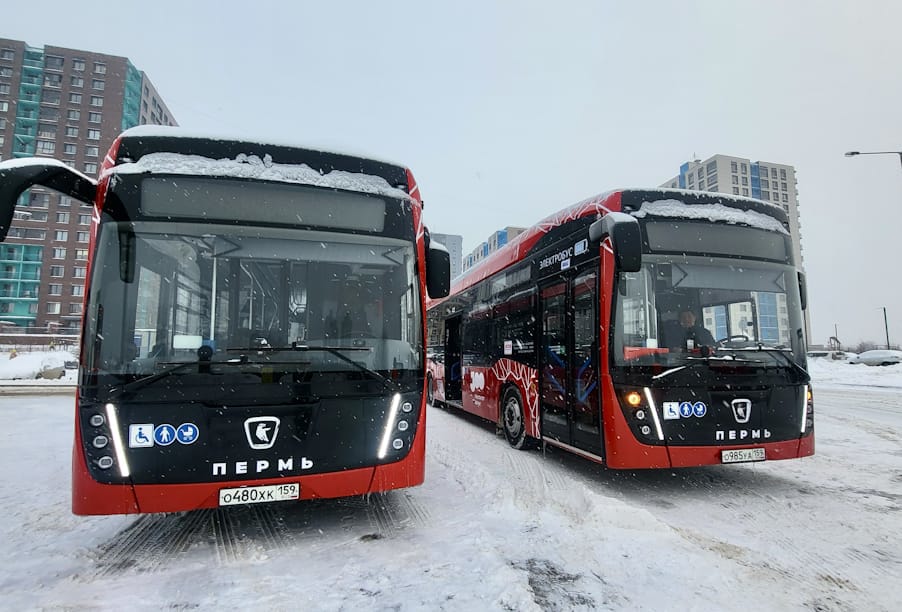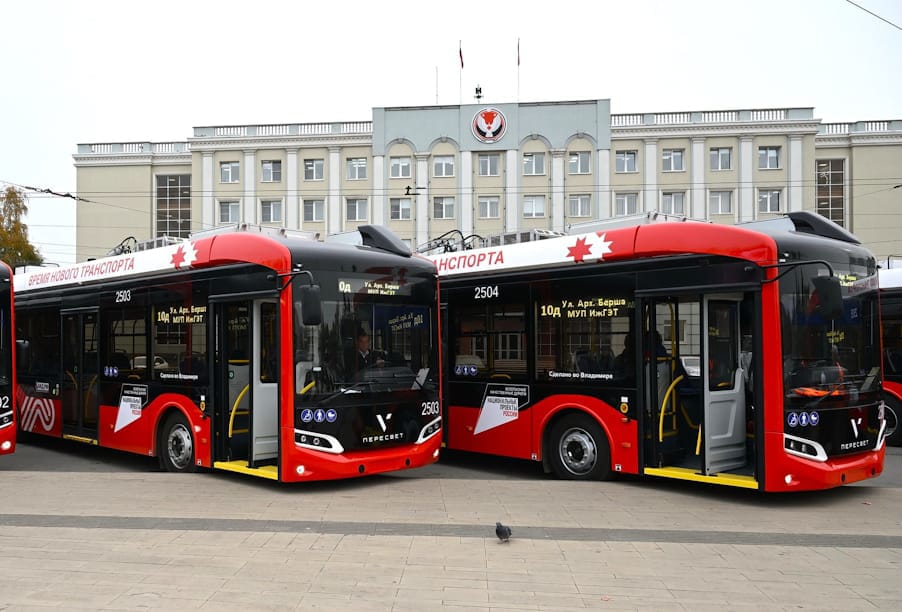More than 700 facilities of the national project will be adapted for people with disabilities
When implementing the "Safe Quality Roads" national project, special emphasis is placed on making road infrastructure accessible to people with disabilities and people with low mobility. Last year, over 1600 such facilities were built by specialists, and this work will be continued in 2022.
"When planning and carrying out road works under the National Project, a comprehensive approach is used. This year, more than 700 facilities will be equipped with an accessible environment, - said Igor Kostyuchenko, Deputy Head of the Federal Road Agency. - Lowered curbs, convenient exits, ramps, and tactile tiles at pedestrian crossings are vital for people with disabilities. It helps them navigate in space, move freely in the urban environment, and makes it much more convenient and safe for pedestrians, including parents with strollers and the elderly."
So, more than 50 facilities in Sevastopol will be upgraded this year to make it easier for people with disabilities to move around. The positive changes will be especially noticeable after the completion of the capital repairs. For example, new footpaths will be built all along Gorpishchenko Street up to Laboratornoye Highway. New housing estates have been built here, but there were no pavements before. Also, pedestrian crossings with traffic light facilities will be arranged.
This year, Bryansk plans to adapt 28 public transport stops for people with disabilities under the national project. Also, the pedestrian crossing ramps will be brought into a normative state, and tactile tiles will be laid at the junctions with the roadway and at the approaches to the pedestrian crossings. In addition, during the overhaul of roads in Bryansk pavements will be built where they have never been before.
For example, during the overhaul of Sholokhov Street in the Fokinsky district of Bryansk, in addition to new asphalt and concrete pavement and electric lighting from Henri Barbusse Street to Moskovsky Avenue, pedestrian pavements will be arranged on both sides. Walkways from Moskovsky Avenue to Polesskaya Street will be renewed on both even and odd sides. On the even side of Sholokhov Street from Polesskaya Street to 7-th November Lane a new pavement will be built. The total length of the repair section will be 2.1 km.
New pavements will also be built along Obyezdnaya Street in the Sovetsky district of Bryansk. The overhaul will be carried out from Sovetskaya Street to 9th May Street, the carriageway will be widened to six lanes.
"We can see that in the last few years the pace of road repairs in the Bryansk region has increased significantly. It is very important that specialists not only repair the roads but also make the infrastructure accessible to people with disabilities. Safe quality roads are one of the indicators of the well-being of our region, they make life more comfortable, reduce time and distances between settlements", - said Irina Lavrushina, director of the autonomous non-profit organisation "Centre for Rehabilitation of Disabled People" and member of the regional headquarters of the All-Russia People's Front.
Under the "Safe Quality Roads" national project, 29 road sections with a total length of 30 km will be upgraded in Ulan-Ude this year. The work will take place in all districts of the city.
The designers paid special attention to measures to ensure an accessible environment: during the renovation, at pedestrian crossings at intersections with the carriageway the level of the kerbstone will be lowered to allow wheelchair users to pass freely from the pavement to the crossing.
"During the repair works representatives of the "Society without Barriers" Public Foundation give their recommendations and advice, and also take part in the acceptance inspection of the facilities after the work is completed", - said Pavel Malykh, head of Ulan-Ude's Road Construction Department.
This year the measures to upgrade public transport in urban agglomerations with special equipment for people with limited mobility will continue. This work is also conducted thanks to implementation of the national road project. Thus, during 2020 - 2021, more than 1.1 thousand new low-floor buses, trolleybuses and trams were delivered to Russian cities.



.png?v=YRr4v9MjmZag6mtdT4aibqJTnL-AHWRxt-OjuLF7b88)
.png?v=dDiT9HbNjG4bHbfyO2VXeFYl7WkCkU6mzgQsbc9ZACE)



 (1).jpg)
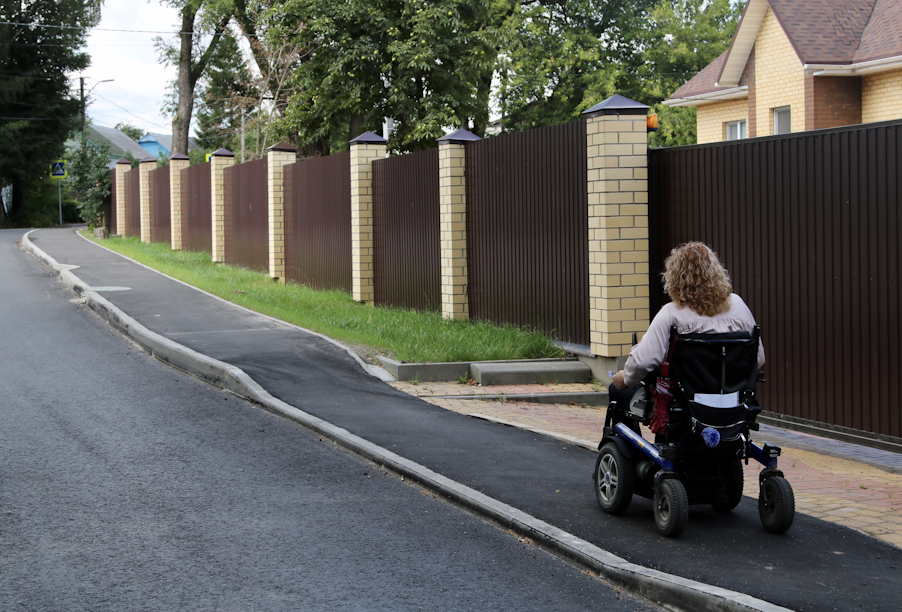
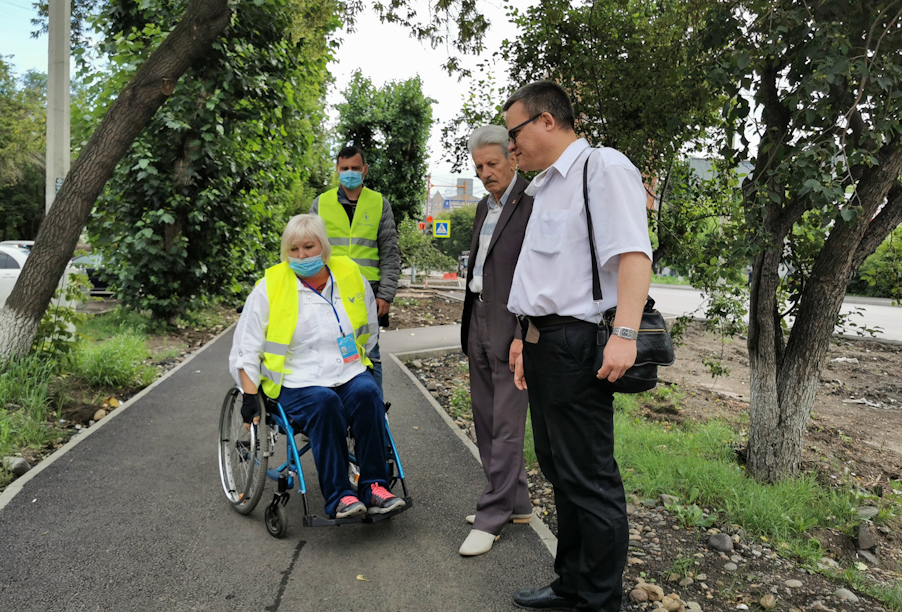
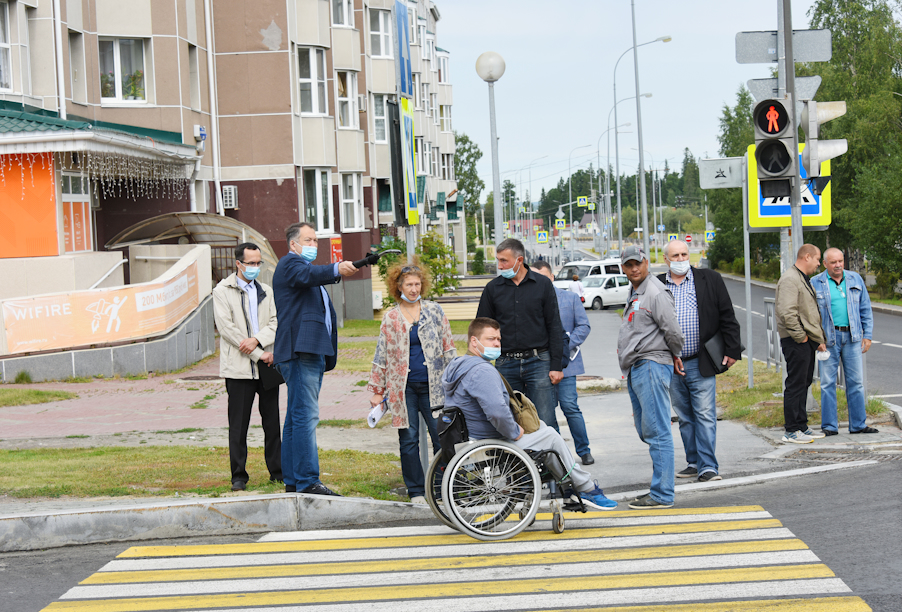
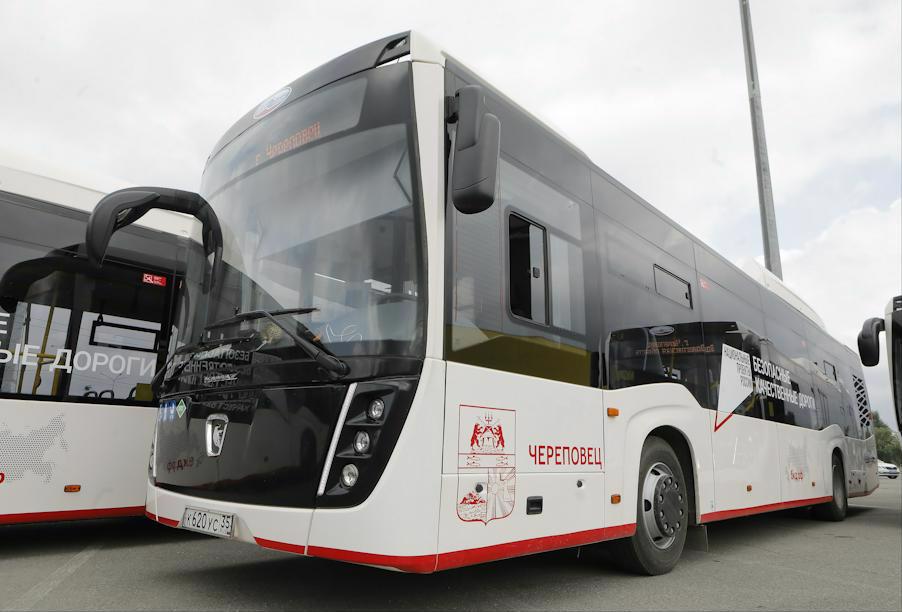
.jpg)
